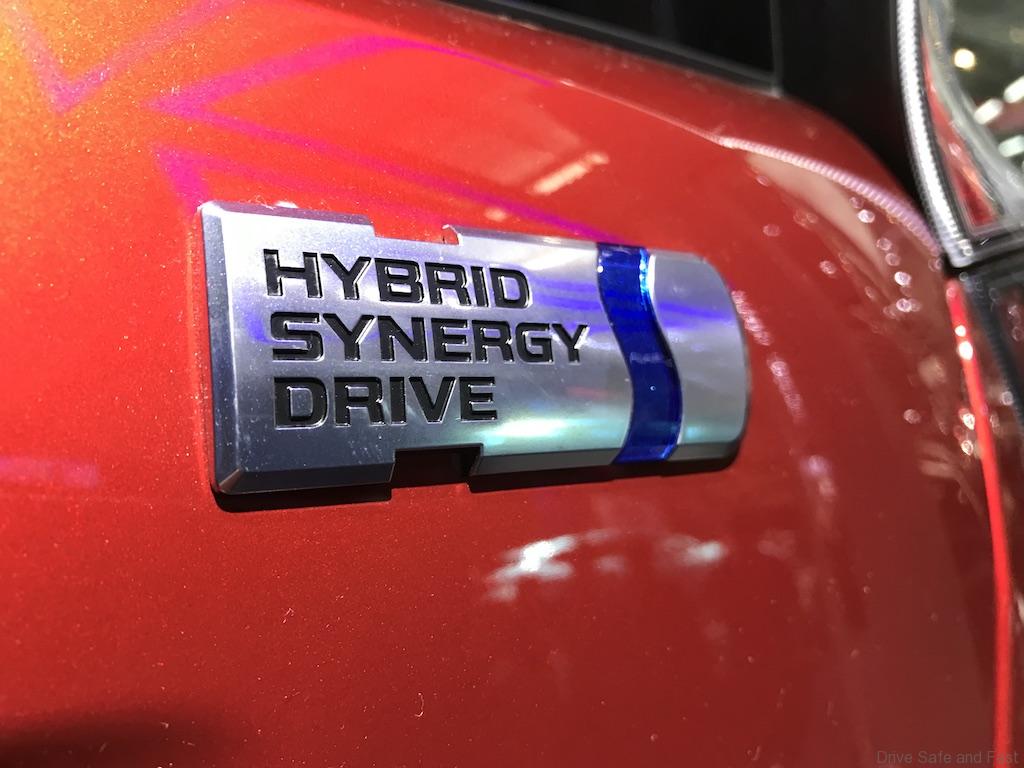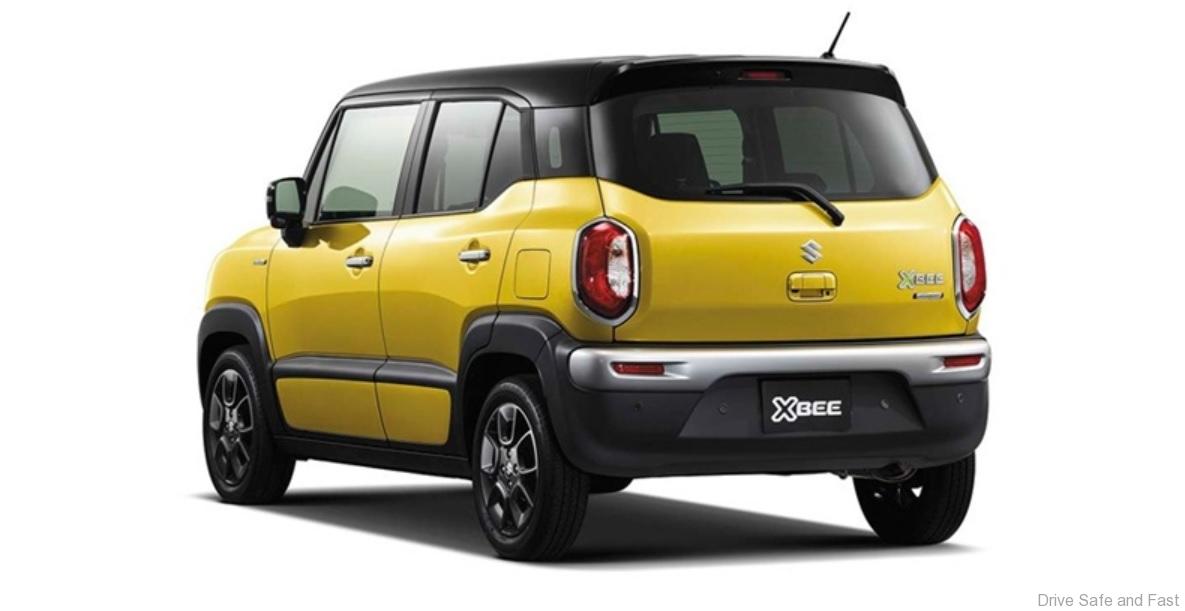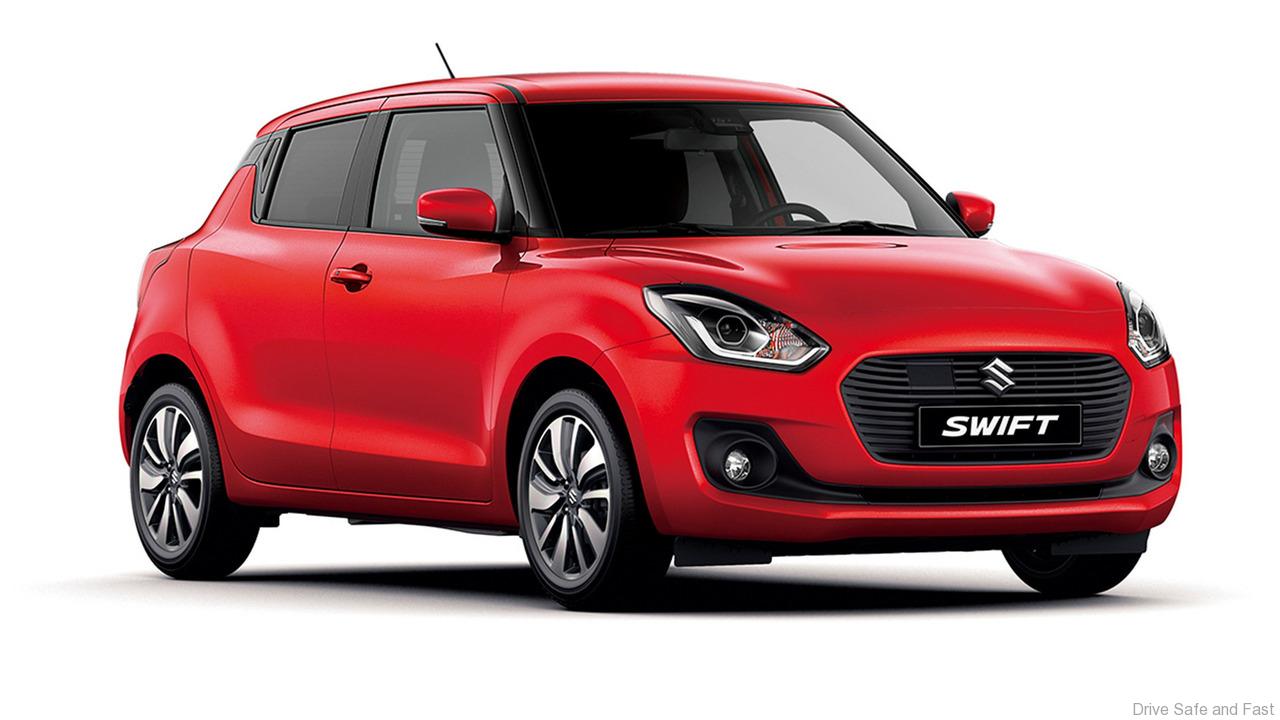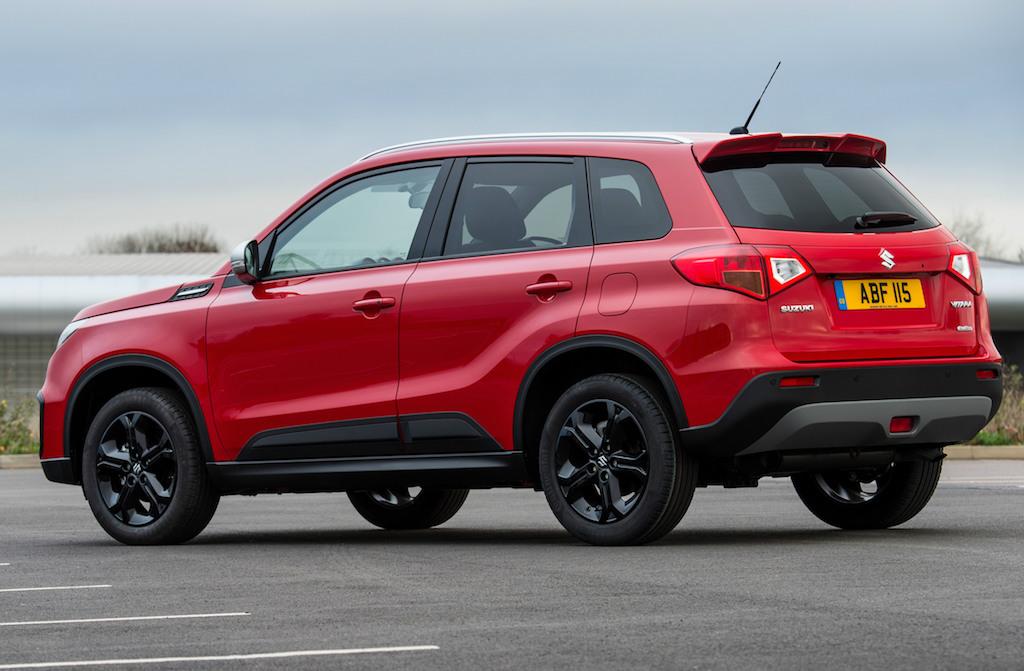Toyota Motor Corporation and Suzuki Motor Corporation have concluded a basic agreement toward the mutual supply of hybrid and other vehicles between the two companies for the Indian market.
Specifically, Suzuki will supply the Baleno and Vitara Brezza vehicle models to Toyota, while Toyota will supply the Corolla vehicle model to Suzuki. Details on each model, such as the schedule of the start of supply, number of supplied units, vehicle specifications, and supply pricing, will be considered at a later stage. The vehicles will be sold by respective subsidiaries of Toyota and Suzuki based in India through their sales networks. By challenging and competing with each other with the goal of mutual improvement, Toyota and Suzuki aim to invigorate the Indian automotive market to further enhance their respective products and services to be offered to customers.
Since February 6, 2017, when Toyota and Suzuki concluded a memorandum toward business partnership, the two companies have been exploring concrete projects for collaboration in areas including environmental technology, safety technology, information technology, and the mutual supply of products and components. The November 2017 announcement of a memorandum of understanding between Toyota and Suzuki to consider a cooperative structure for introducing battery electric vehicles in the Indian market in around 2020 was one outcome of the joint exploration into the partnership. This announcement is another outcome and underscores the progress Toyota and Suzuki have together made, and it aims to bolster both companies’ product lineups and encourage competition in the Indian automotive market.
For the vehicle models covered by the basic agreement, the two companies will enhance their efforts to procure components locally to the extent possible toward the achievement of the “Make in India” initiative promoted by the Indian government. Toyota and Suzuki remain committed to the widespread acceptance and use of less fuel-consuming vehicles to help India reduce its environmental footprint and enhance energy security.
Pursuant to the agreement announced on February 6, 2017, the two companies will continue to explore other collaborative projects that will contribute to the attainment of a sustainable mobile society in a manner that ensures fair and free competition.






